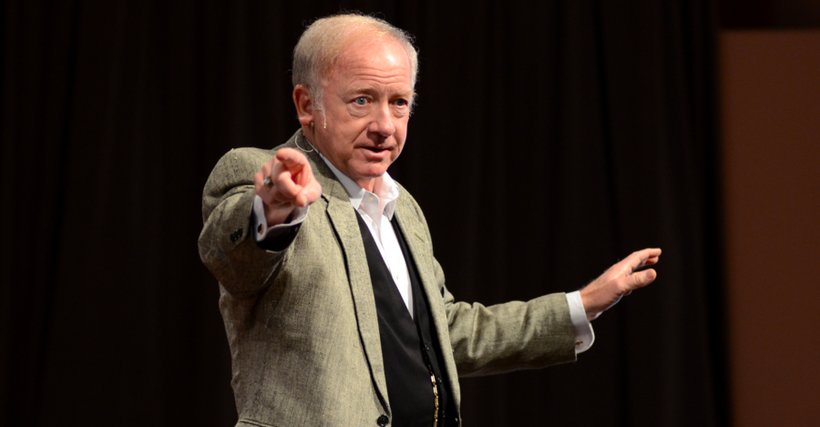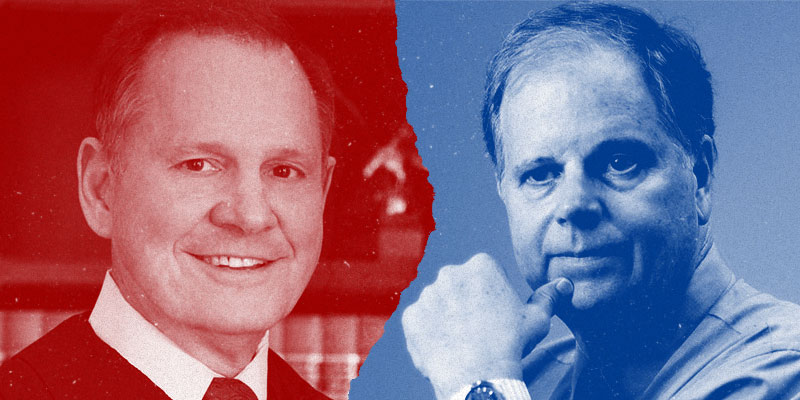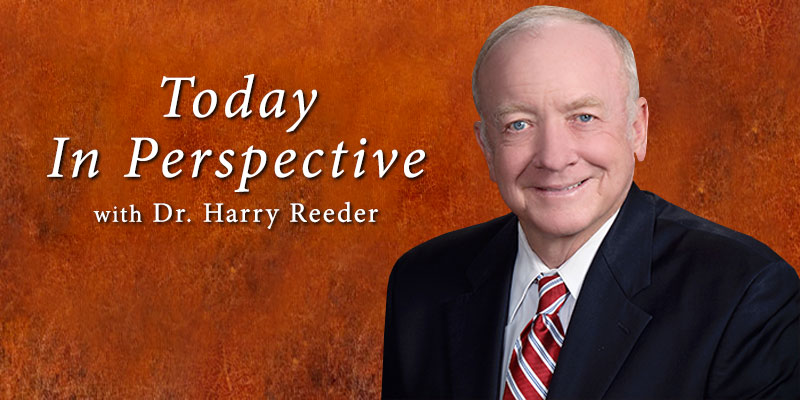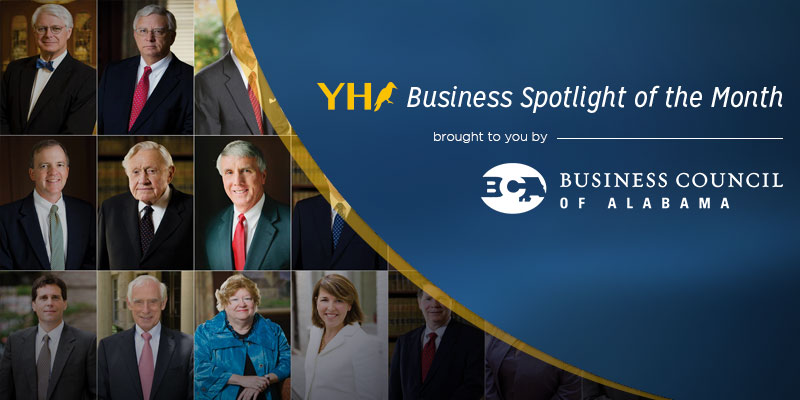
Listen to the 10 min audio
Read the transcript:
TOM LAMPRECHT: Harry, I would like to take you to a new Barna study that was just released. As the average pastor grows older in America, churches say they are struggling to find young Christians who want to become future pastors.
Today, half of American pastors are older than 55. In 1992, less than a quarter of pastors, 24 percent were that old. Pastors 65 and older have almost tripled in the last 25 years from 6 percent to 17 percent. Meanwhile, pastors 40 and younger have fallen from 33 percent in 1992 to just 15 percent today.
HOW TO REACH MILLENIALS
DR. REEDER: Barna is saying, “This is evidence that younger men are not being called into the Gospel ministry. That is a point of concern,” which I would agree with him if I thought that was the only thing contributing to this – that, for some reason, the call to the ministry is no longer being extended to young men that God is calling or that there is a decreasing number of those available to be called to the ministry.
I do believe that there is a challenge right now that the evangelical church needs to embrace concerning reaching the millennials. I don’t think you reach the millennials by embracing the culture that surrounds the millennials, but by embracing the millennials that are finding that that culture is empty and bringing a Gospel culture to them.
AGING BOOMERS
Having said that, what about these statistics, themselves? Let me give you four other reasons why this is true. This is true in almost every demographic of vocation at the moment and the reason why is you’re looking at the Boomer generation. The Boomer generation is this gigantic demographic ball that is working its way down the timeline.
Think of a python that swallows a mongoose and watch the mongoose work its way down the length of the python and that’s the way that the Boomer generation has been – that post-World War II extraordinary baby boom that we had. I’m a part of it – I was born in 1948.
Me and my compatriots that were born after World War II all the way up until the mid-1950’s have been called the Baby Boomers, this extraordinary population bubble has changed everything – changed the way you did junior high and high school. It changed churches – all of a sudden, there were now youth groups. There weren’t any youth groups before this.
Well, it’s true in the ministry: There was an extraordinary amount of young men and women giving themselves to vocational ministry and, particularly, those who were called to Gospel ministry, specifically, and so that’s just a large bubble.
Well, that means, when you get to the end of their ministry life, which is where most of them are – most of us are – now in our 60s and late 60s, well, that’s just going to be a large demographic statistic. That’s why you’ve got this large number of, “graying” gospel ministers.
PASTORS LIVING LONGER
And, secondly, the old age of 65, people are living longer now. The average death for men has now risen to somewhere between 76 to 78, which means that people are going to stay active longer.
Thirdly, people are healthy longer. Tom, I have been through three different surgeries. I have as much energy as I have ever had, but in the last two years, I have been through three surgeries that could have been life-ending 20 years ago.
Instead, they’re not only life-extending, but energy-renewing in my life. I’ve got amazing energy at my age, in the late 60s, that most people would not have had. I remember looking at people in 60s and 70s and they not only looked older, they acted a lot older.
I’m just using myself as an example: I walk/jog and I do four miles every day. Well, that just wouldn’t have been done years ago. An older person might have taken a leisurely walk, but today we’re much more active physically, which means we’re going to be active vocationally.
We’re not only living longer, we’re more healthy as we live longer and, therefore, want to stay engaged longer.
EVANGELICAL MINISTRY THRIVING
And then, fourth, there is an ecclesiastical and, therefore, theological issue to this. Tom, I’m engaged in the Gospel Reformation Network and you ought to see the young ministers in our Gospel Reformation Network. I am related to the TG4, Together 4 the Gospel, and you ought to see the thousands that come to the conference of young Gospel ministers that come to that. And then I am also on the council of the Gospel Coalition and you ought to see the multiple thousands that come to our conference.
Tom, I believe this: there is no shortage of young ministers in the evangelical segment of Christianity. Go look at the mainline churches and there are very few people going into their ministry. Why? Because why would you go into the ministry? What is believed by those churches is no different than what you can do in a secular vocation – there’s nothing drawing to it, there’s nothing significant to it, there’s nothing distinctive – and there is where you see the plunge in numbers, not in the evangelical wing of the church so much, but in the mainline Protestant and in the Roman Catholic element of the church.
TOM LAMPRECHT: Harry, one of the statistics that Barna brings up, 7 in 10 Protestant pastors say young leaders seem to think other kinds of work are more important than vocational ministry. Even though the statistics aren’t as dramatic in the evangelical circles, do you find that true?
DR. REEDER: I just don’t. I just don’t. I’ve got 14 young men I meet with once a month who are moving toward the ministry. This last month, two young men were just ordained and installed into the Gospel ministry.
I am on the adjunct faculty of two seminaries – Reformed Theological Seminary and Westminster Seminary – and our numbers are up. Those are evangelical seminaries, utterly and fully committed to the inerrancy of the Word, the reformed faith and the vibrancy of it. No, I don’t see it.
Now, I believe that we’ve got a challenge reaching the millennial generation – and I believe that that challenge is profound – and that means the number of those out of that generation called to the ministry.
But, overall, no, I don’t see that. It’s not because I’m living in a fool’s paradise. It’s anecdotal and it is statistical. I read the statistics of my seminary so you watch our Reformed Theological Seminary keeps expanding its campuses, Westminster Seminary keeps expanding its reach and its outreach, Third Millennium is expanding, also, the way it is training pastors in the international world.
CAN’T BE WARMED OVER CHRISTIANITY
And, by the way, to the evangelical world, the key to us maintaining and growing the vibrancy to the millennial generation is not to compromise our message to fit their culture, but it is to bring a Gospel message distinctively.
They already see the emptiness of the social media-driven culture and its paltry notion of friendship and its paltry notion of community.
They’re desirous of community that is meaningful, that has substance to it, and that’s what we should bring, the glory of a transcendent God who dwells among His people and who receives us just as we are, but never leaves us just as we are, saves us by His grace, forgives us of our sins, is at work within us, uses the means of grace – of preaching, prayer, evangelism, discipleship, fellowship – and God-centered worship, not warmed-over musical concerts and calling it worship.
When we begin to engage in the vibrancy of an evangelical witness that is Gospel-driven and centered and Biblically-framed and vibrant with the empowering power of the Spirit of God, that’s what will reach the millennial generation and I see it, I’m experiencing it, and I believe our best days are ahead of us if we stay on Gospel message, in Gospel ministry and on the Gospel mission of making disciples of all the nations.
Dr. Harry L. Reeder III is the Senior Pastor of Briarwood Presbyterian Church in Birmingham.
This podcast was transcribed by Jessica Havin. Jessica is editorial assistant for Yellowhammer News. Jessica has transcribed some of the top podcasts in the country and her work has been featured in a New York Times Bestseller.
Podcast: Play in new window | Download
Subscribe: RSS












